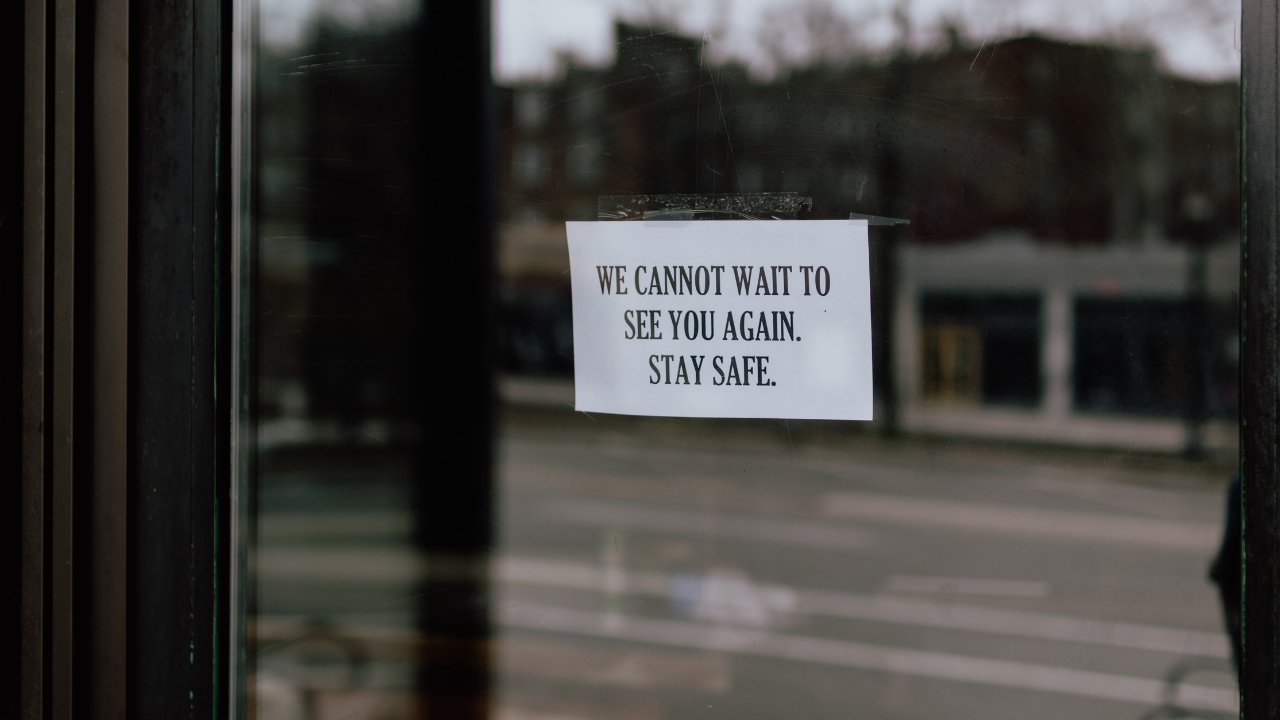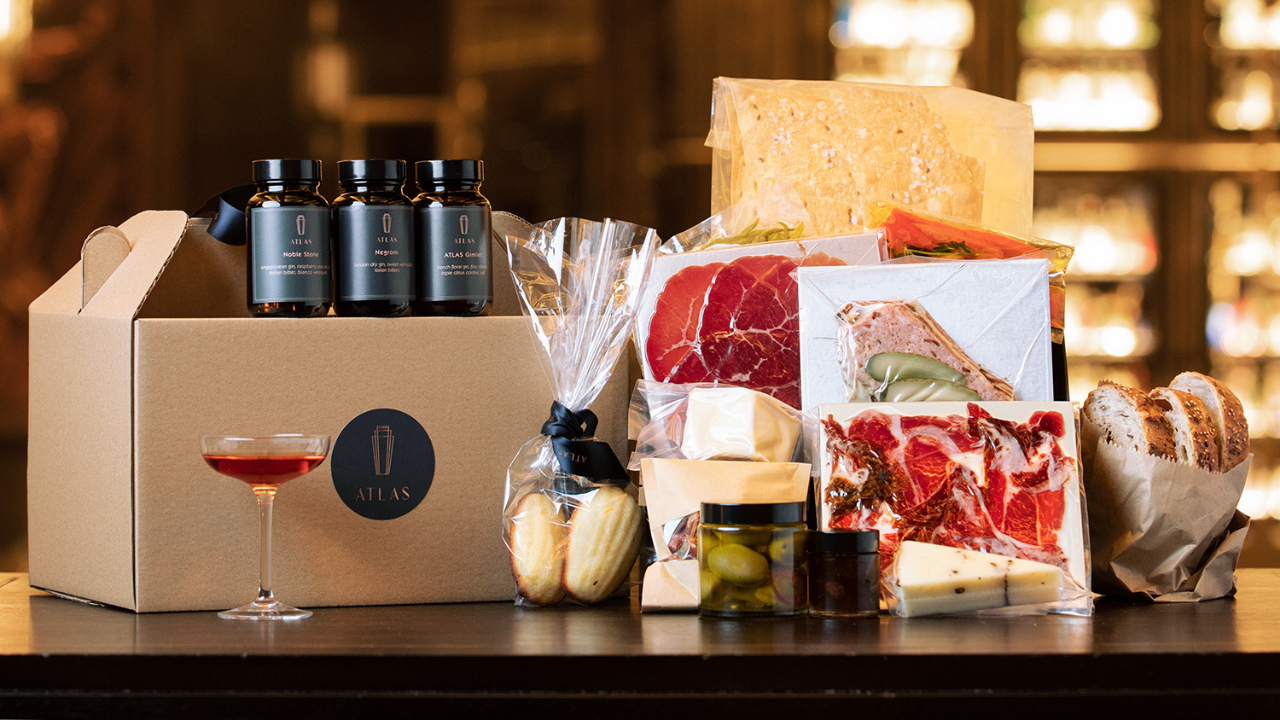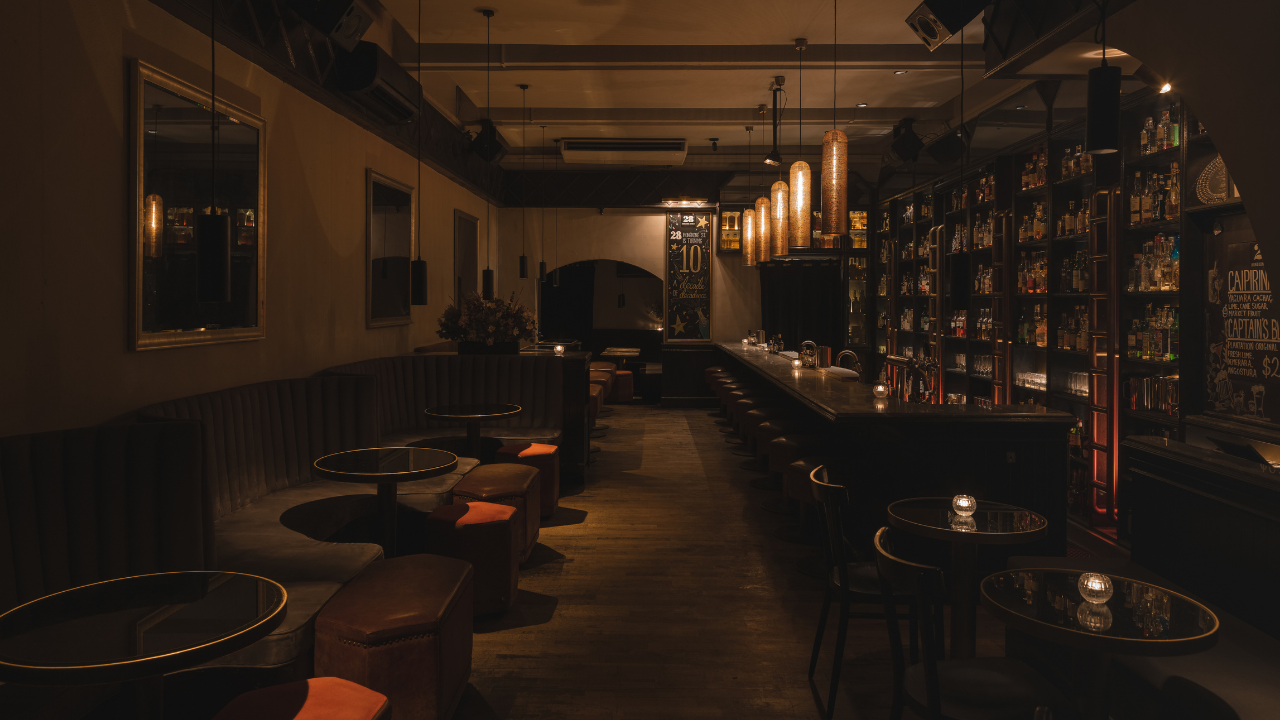How Have the Ongoing COVID-19 Restrictions Impacted F&B Businesses?
Photo by Kelly Sikkema on Unsplash
It goes without saying that the COVID-19 pandemic has had an extreme impact on the hospitality industry, with Singapore getting hit particularly hard with nearly two years of constantly changing restrictions (including the latest extension of the Stabilisation Phase, limiting to 2 person gatherings through late November). While every country has managed the pandemic differently, Singapore has been extremely cautious when it comes to bars and restaurants as a potentially risky, mask-off social environment.
It’s hard enough as a consumer to navigate the constant changes - we’ve all dealt with disappointment over cancelled or changed plans - but what is it like for the businesses themselves? As Accela has many clients in the F&B space, we wanted to take a closer look at the impact of these restrictions on bars and restaurants as we hope for good news to come.
The most notable restrictions have been the 10:30 PM cutoff for alcohol service, the shrinking group sizes, and the more recent ban on recorded music. Depending on the type of business - bar or restaurant, and what type of crowd they attract - each is impacted in a unique way by this mix of changes. In a recent opinion piece for The Business Times, Ivan Brehm, Chef-Owner of Nouri and Appetite said his businesses had seen up to an 80% decrease in revenue at times due to the tightened measures from COVID.
Adapting Business Models
Brehm notes the challenges and losses that come with each change, shifting from dine-in to delivery and back again. While the first circuit breaker period was the most difficult in many ways, with businesses scrambling to set up delivery systems and organise packaging options if they didn’t previously offer takeaway, the continued back and forth has taken a toll on the industry.
At Accela, we’ve seen this firsthand as our F&B clients adapt their menu offerings and takeaway programmes each time a new restriction is announced (and if you’re looking for some good delivery options, check out our blog post on the topic). While difficult and often costly, many venues have used this period as an opportunity to expand and future-proof their business capabilities in case of further lockdowns or restrictions.
“The last 18 months of constantly changing restrictions have proven extremely challenging. The back and forth of lockdowns, as well as the early closing time and group size restrictions have significantly limited our in-venue business,” says Annabelle Joyce, General Manager, ATLAS. “However, this time has also provided us with an opportunity to rethink our business model and revenue streams - pushing us to start The ATLAS Shop and expand our in-venue offering in ways we otherwise would not have thought possible. We look forward to returning to normal operations in the future, while holding on to the more flexible mindset that we have adopted through this very difficult time.”
ATLAS Essentials from the ATLAS at Home collection
Early Closures
Some operators we’ve spoken to haven’t suffered much with the shorter operating hours (mostly fine dining venues who would finish service after a couple of dinner seatings regardless), however the majority have taken a huge loss after 18 months of shorter hours. Particularly when it comes to venues such as long-time Accela client 28 HongKong Street, typically a late-night destination, a 10:30pm cutoff has forced an entire change in business model.
“Previously we were the late night, high energy gathering space for revellers with discerning taste,” says 28HKS General Manager Justin Pallack. “We have been able to pivot somewhat; the tenets of hospitality deployed adeptly will always result in pleased guests. But, we have a more purposeful mission which cannot be realised with the current permissions.”
28 HongKong Street, one of Singapore’s pioneering cocktail bars which celebrates 10 years of service this month.
Group Sizes
Beyond the social impact of the group size restrictions – people are simply less likely to dine out when restricted to one other person as a companion – the constantly shifting group limits are also quite challenging from an operations standpoint. Each time the group numbers change, restaurants not only need to cancel and rearrange existing reservations, they also need to reconfigure their dining rooms in order to accommodate the new table arrangements and ensure safe distance between each seat.
No Music
In the pre-COVID era, we’ve heard sentiments from operators that you only really notice the music in a venue when it’s not well-curated - otherwise it should simply add to the ambiance and create the background vibe you come to expect from a venue. This has never been more clear than when venues are banned from any recorded music, as we all see what our favorite bars would be like without their much loved playlists we’d usually enjoy.
While less obvious in terms of operations, these restrictions have a huge impact on the general conviviality and feeling you would have on a night out with friends. “Music restrictions, as an example, aren’t even listed when new announcements are made, but impact revenue and the fulfilment of our function tremendously,” says Brehm, in his opinion piece.
Vaccination Status
While this restriction has the most obvious impact on slowing the spread of COVID, adding vaccination requirements for venues also adds an additional challenge for operators. With hosts, servers and bartenders held responsible for checking and enforcing this rule, they often end up on the receiving end of angry customers (one of the most extreme cases being a hostess in New York who was physically attacked after requesting vaccine cards). We’ve also heard examples from clients of forged screenshots proving vaccination status, putting the venues in the uncomfortable position of declining entry.
Despite the challenges, operators are trying to stay optimistic and understand the challenges the government is facing. “While we understand the need for transmission mitigation, nearly all of the imposed restrictions affect our venue in profound ways,” says Pallack. “We are supportive of our government’s measures to keep Singapore safe and at the same time we are trying to look beyond our current struggle to a time when we can just be ourselves and welcome our guests back to the 28 experience of yore.”
We’ll raise a glass (before 10:30pm, for now!) to that.



